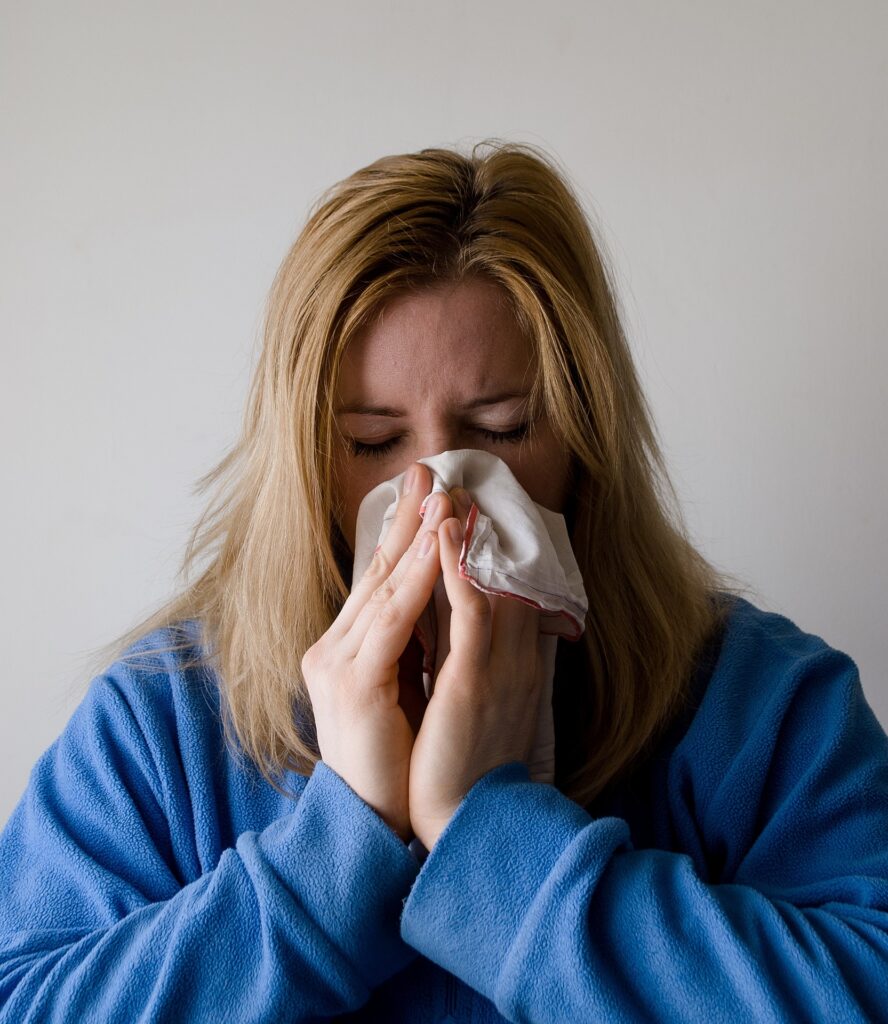What Are Allergies?
Allergies happen when someone is exposed to an allergen, their immune system releases histamines and exhibits symptoms. The types of symptoms may vary depending on the individual's allergy and can include sneezing, itchy eyes, and a rash. Allergens can be created by consuming foods, taking medications, being exposed to environmental factors such as pollen or dust mites, or even being around a pet.If you have allergies, your dentist should be aware of them. Allergies can cause a variety of problems, from sinus infections to more serious conditions like anaphylaxis. Here are eight allergy-related dental problems your dentist should know about.
What Causes Allergies?
Allergies are caused when the body’s immune system reacts to something it is not used to, such as pollen, dust mites, pet dander, and other particles.
The respiratory tract is the most common site of allergic reactions, but other parts of the body can also be involved. Pollen can cause hay fever, cat allergies, and dog allergies; dust mites can cause asthma; and pets can cause food allergies in some people.
There is no one-size-fits-all answer to this question as the reasons people develop allergies vary from person to person.
However, some factors that may contribute to developing allergies include:
- Genetics: Some people are more likely to develop allergies than others.
- Allergies in early life: Children who have early exposure to allergens are more likely to develop allergies than those who don’t.
- Environmental exposures: Exposure to certain types of pollutants or toxins may increase a person’s risk of developing allergies.
- Other medical conditions: Some people with other medical conditions (such as asthma) are also more likely to develop allergies.

What Allergies should I Tell My Dentist About?
Medicine Allergies
Some people are allergic to anesthesia, which is a type of medication that can be used during dental procedures. This allergy can cause reactions such as breathing problems, swelling of the lips or tongue, and even anaphylaxis – an allergic reaction that can be life-threatening. If you know that you have an anesthesia allergy, it’s important to let your dentist know before your appointment. They can help make sure that the anesthesia is safe for you and avoid any potential complications for you.
Anesthetic Allergy
If you know that you have an allergy to anesthesia, letting your dentist know before the appointment will allow them to make precautions so as not to potentially cause any complications. People who have an anesthetic allergy can experience swelling of the lips or tongue, breathing difficulty, or even life-threatening reactions.
Latex Allergy
If you are allergic to latex, some products intended for teeth and gums, such as tooth gels and sealants, can cause very serious symptoms.
Gluten And Food Allergies
Some dental products can contain things like gluten, this can cause serious reactions to people who are intolerant of gluten. It is important to know if you have a food allergy or intolerance so that you can get the treatment you need. You should also tell your dentist if you have any symptoms associated with food allergies or intolerances.
Metal Allergies
If you have metal allergies, you may want to tell your dentist about it. Some metals that can cause allergies include silver, gold, and titanium. They will be able to avoid using metal tools and equipment on you during your dental appointment. This will help to prevent any potential allergic reactions.
Frequently Asked Questions
Do you need to tell the dentist about every allergy you have?
It’s probably a good idea, the dentist can tell you if it’s relevant or not so you know for next time.
What happens if I don't know?
Unfortunately, this can be the case. You may find out you have a specific allergy because you’ve never contacted that material before. Immediately inform the dentist of any discomfort or symptoms you’re noticing so they can adjust their strategy.
